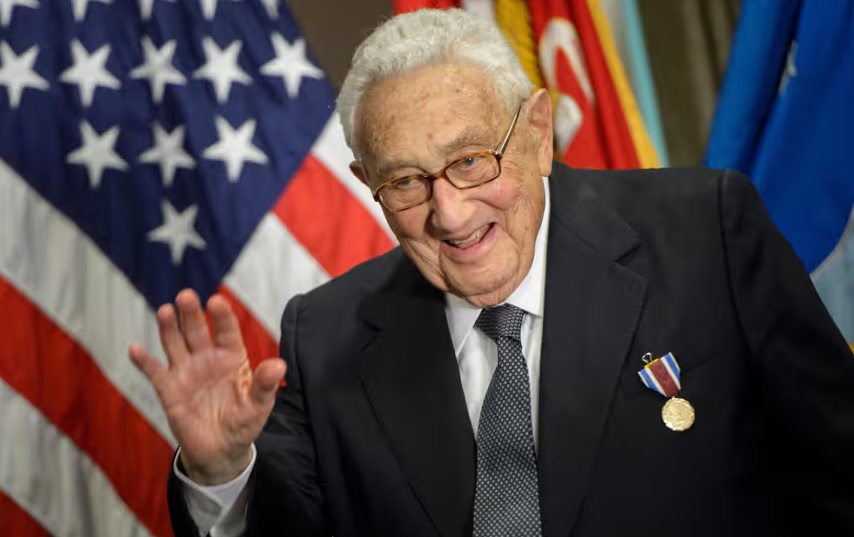Henry Kissinger was a highly influential and controversial figure in American politics and international relations. Born on May 27, 1923, in Fürth, Germany, he fled the Nazi regime with his family in 1938, eventually settling in the United States. Kissinger became a naturalized U.S. citizen in 1943 and went on to study at Harvard University, where he earned a bachelor’s degree in 1950 and a doctorate in 1954.
Kissinger’s career in academia and government service intertwined throughout his life. He initially worked as a professor of government at Harvard, where he gained recognition for his expertise in international relations and military strategy. In the early 1960s, he also served as a consultant to various government agencies.
His breakthrough came when he joined the administration of President Richard Nixon in 1969 as National Security Advisor. Shortly afterward, he was appointed Secretary of State, a position he held from 1973 to 1977 under both Nixon and President Gerald Ford. During his tenure, Kissinger played a crucial role in shaping U.S. foreign policy, particularly with regard to the Cold War and the Vietnam War.
One of Kissinger’s most significant achievements was his role in the opening of diplomatic relations between the United States and the People’s Republic of China in 1971. This historic move helped shift the geopolitical balance during the Cold War.
Kissinger also played a central role in negotiating the Paris Peace Accords, which aimed to end U.S. involvement in the Vietnam War. He was awarded the Nobel Peace Prize in 1973 for his efforts in negotiating a ceasefire in Vietnam, although the award was met with controversy and criticism.
Despite these diplomatic successes, Kissinger’s legacy is marked by controversy and criticism, particularly related to allegations of human rights abuses and war crimes. He has been accused of supporting authoritarian regimes in the pursuit of American interests and engaging in covert operations that violated international law.
After leaving government service, Kissinger continued to be an influential figure in foreign policy circles, advising subsequent administrations and writing extensively on international relations. His legacy remains a subject of debate, with some praising his diplomatic achievements and others condemning his methods and policies.
Even after turning 100, Kissinger kept up an active life, including a surprise visit this July to Beijing to meet Chinese President Xi Jinping, where the aged statesman was feted despite a chill in relations between China and the US.
The celebrity diplomat has advised a dozen presidents over his long career, including Joe Biden, and won a shared Nobel prize for negotiating the end to the Vietnam war. Kissinger has died at 100 years.
